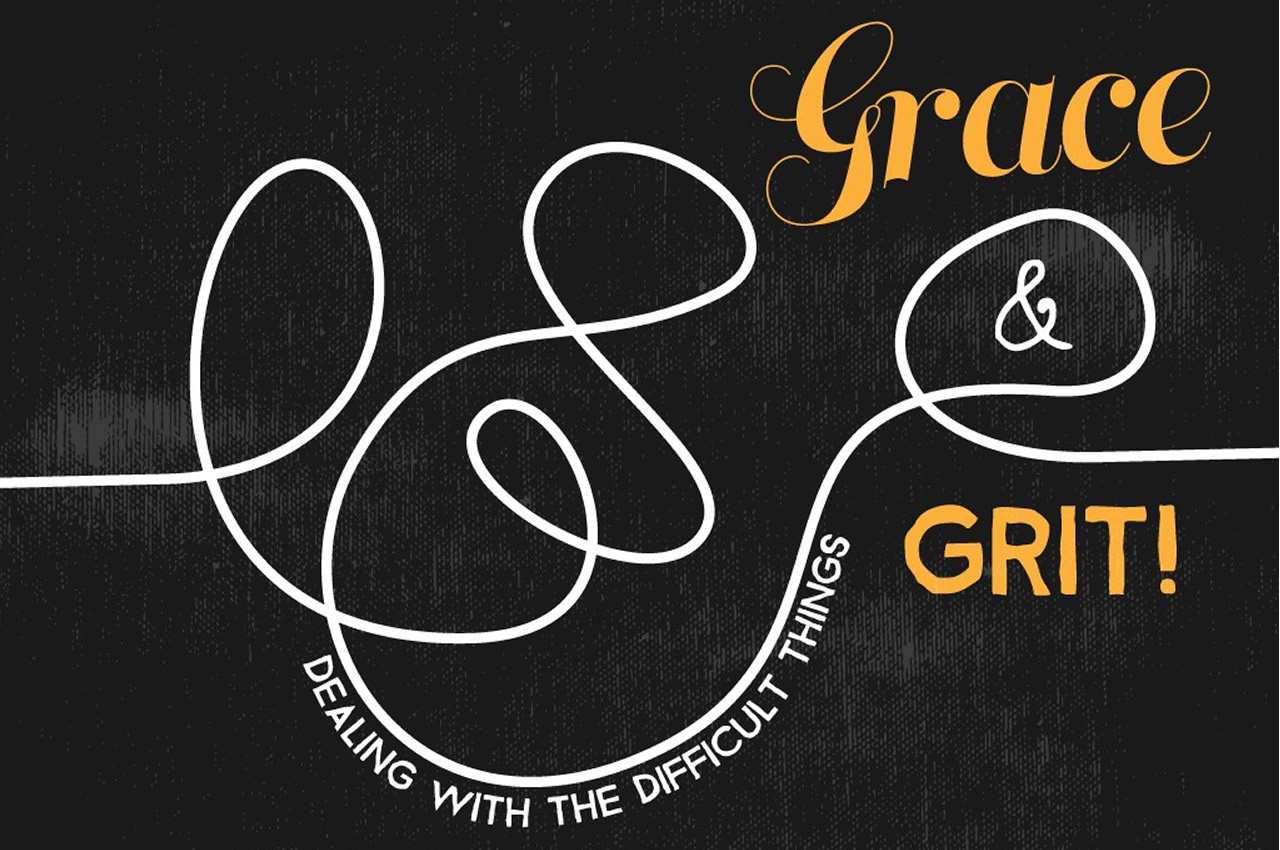Healthcare is an important example of the gap between our ability to identify a knotty problem and our inability to fix it.
Since the early 1980’s employers have angrily denounced the cost of healthcare as the most important reason that good jobs are leaving America. Over the last thirty years this angry chorus has persisted, but the situation is not getting any better.
It is difficult to demonstrate a correlation between spending more on healthcare and achieving better health outcomes. It is easier to demonstrate, as the Institute of Medicine has done, that approximately $750 billion of the $3 trillion spent on healthcare is wasted every year.1
In Overkill, Dr. Atul Gawande judiciously outlines clinical examples of unnecessary healthcare from the perspective of reasoned judgment and the best available scientific evidence.2 As one of his examples, he shows how it is safer to ignore certain thyroid cancers than to aggressively treat them.
Unnecessary testing, procedures, and medications are frequently cited as major causes of the rapid and unsustainable increase in healthcare costs. However, as Dr. Gawande stresses, even when significant efforts have been made to avoid ineffective interventions, somehow the tests, procedures, and medications are still recommended.
It is important to remember in this discussion that unnecessary care can often damage people’s health.
As I reread the above sentence, the problem with the term “unnecessary care” stood out. The term is internally inconsistent – caring is always appropriate and is never unnecessary. One must avoid “words that don’t work” if one is to succeed in solving problems.
By putting the words care and unnecessary together, one unintentionally triggers fears of economic rationing rather than reassuring that one’s motivation is to compassionately seek to avoid harmful testing and treatments.
For healthcare professionals, caring includes rendering advice that objectively assesses the scientific data even when that data may be counterintuitive to a patient’s expectations or beliefs. When physicians are too busy, they don’t have the luxury of enough time to go into lengthy justifications of why less intervention might be better than more.
The case of a viral sore throat is a good example. Antibiotics don’t work against viruses plus they can cause prolonged harmful changes to gut flora and also increase the problem of antibiotic resistance.
All doctors know the challenge. They can spend five minutes, give a prescription, and have a happy patient. On the other hand, they can spend 15 minutes explaining why an antibiotic is not needed and create an unhappy patient who won’t come back. The scenario results in millions of harmful prescriptions every year.
Political expediency makes a government driven solution for healthcare’s poor value unlikely. To paraphrase the common explanation of why Obamacare’s 2010 focus was to expand insurance coverage rather than to vigorously attack costs – “It’s complicated; every unnecessary cost represents somebody else’s revenue stream.”
The bottom line? Decades of healthcare cost improvements efforts by both government and healthcare institutions have failed and the pundits aren’t predicting any substantive improvements in the foreseeable future.
So what’s our answer?
We begin with self-insured employers. These employers have already taken the steps to align their interests with the benefits of more effective healthcare. What has been missing are the targeted, guerilla-like tactics that are crucial when one is fighting the power of the status quo.
To be successful, such tactics must tenaciously focus on delivering timely support at the critical moments of key health decisions. Effective support requires the integration of both the science and the art of making better decisions.
This integration is solidified by relationships characterized by:
- Caring,
- Mutual trust,
- Sensitive explorations of patient’s wishes and understanding, and
- Solid medical scientific advice.
Add a bit of grace and a ton of grit and we have the Switch recipe for fixing healthcare.
Breakthrough To Better,
Carl
1$750 billion of our $3trillion healthcare tab is waste
2Unnecessary medical care is harming patients physically and financially
____________________________________________________________________________________
Switch Conversations is a bi-weekly blog exclusively for our potential employer partners.
____________________________________________________________________________________
ALL POSTS:
Edition 1 – Solving a Well-Entrenched Problem
Edition 2 – A Case of Dr. Jekyll and Mr. Hyde
Edition 3 – Best marketing tagline of all time?
Edition 4 – Post-Truth Killed a President
Edition 5 – What’s an employer to do?
Edition 6 – Profiting From the Opioid Epidemic
Edition 7 – The Keys to Unlocking Better Decisions
Edition 8 – When Difficult Things Need to be Done Well
Edition 9 – Fixing Healthcare
Edition 10 – Beware of a Singing Cow
Edition 11 – Wise Reflections
Edition 12 – Warning: Reader Discretion Advised
Edition 13 – Can AI save healthcare? (Part 1)
Edition 14 – Can AI save healthcare? (Part 2)
Edition 15 – Can AI save healthcare? (Part 3)
Edition 16 – Embracing Reality to Improve Healthcare
Edition 17 – Everything I Needed To Know…
Edition 18 – The Eighth Circle of Hell
Edition 19 – So… What’s Our Solution?
Edition 20 – Protecting Integrity as a Core Strategy
Edition 21 – An Unadorned Legacy
Edition 22 – Time to Grow Up
Edition 23 – Against All Odds
Edition 24 – When Everyone Has Stopped Listening
Edition 25 – Focusing on What’s Important
Edition 26 – Don’t Give Up Your Shot
Edition 27 – Join the Goodhood
Edition 28 – Fixing Healthcare (Recycled)
Edition 29 – Taming the Healthcare Beast
Edition 30 – Leadership
Edition 31 – Better Health Requires Good Sense
Edition 32 – Little Decisions With Big Consequences
Edition 33 – Transformational Courage
Edition 34 – Transformational Courage – Part 2
Guest Post – Happy Thanksgiving! By Jeff Novick, RD
Edition 35 – Transformational Courage – Part 3


